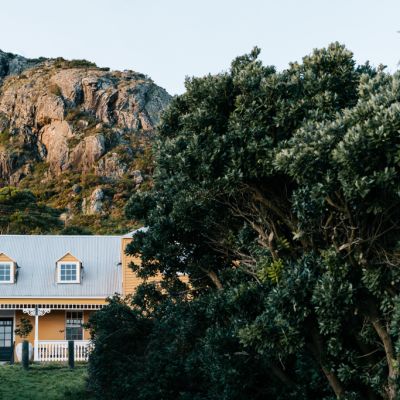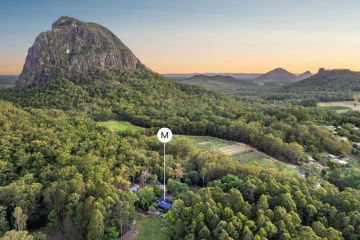'There is a lot of love': The rise of the Australian farm stay
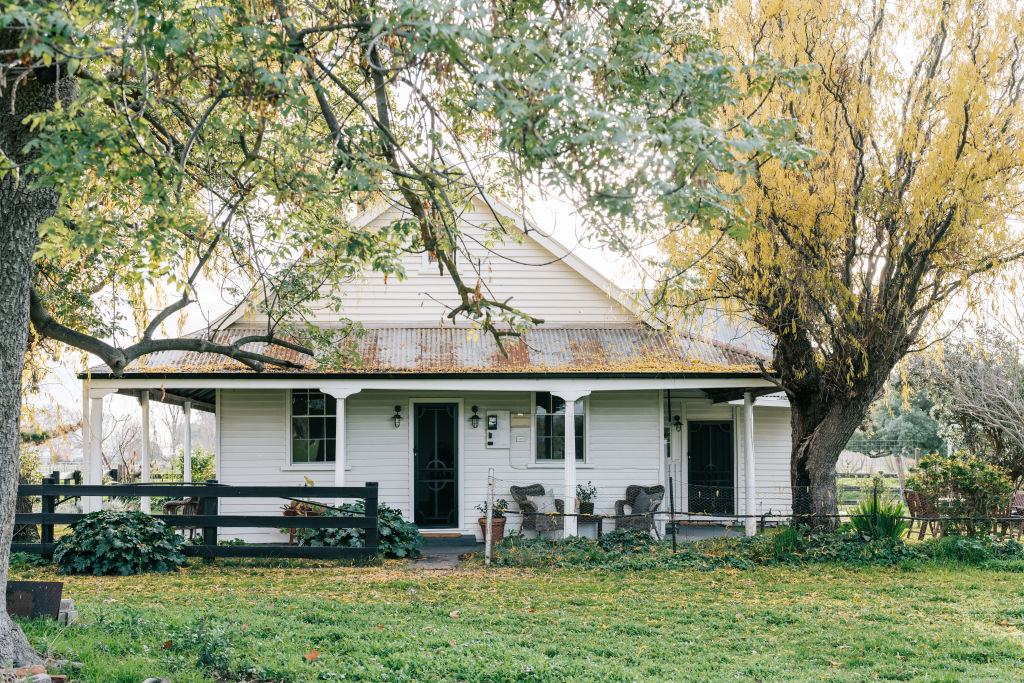
For Australian families, a holiday spent at one of the many farm stays around the country enables an immersion into the realities of life on the land.
Days can be spent watching sheep being rounded up or shorn, cows milked, and kelpies lounging on the deck of an old house as the sun sets. There is something special about spending a weekend, or longer, far from the hypnotic phone and laptop screens of daily life, trading the cacophony of urban traffic for the sound of birdsong, tractors, horses galloping across paddocks and gumboots on wooden decking.
Jim Ferguson and Emily McEachern own and operate The Farmstead Tatura. Jim is the third James Ferguson in three generations to be raised on the farm.

“There is a lot of love in the bones of our old farmhouse,” says McEachern. Over the generations, the farm has been grazing land for sheep, a fruit orchard, and produced lucerne for racehorses and cattle around Victoria.
Now, the land is leased to the dairy farmer next-door. Ferguson works for Tatura Milk Industries, and McEachern works locally in Shepparton. No longer able to depend on the farm for income, running Tatura as a farm stay has enabled the couple to diversify their income.
“The farmhouse is simple, humble and unpretentious,” says McEachern. “Among five acres of lawn, trees and garden, guests relax into the afternoon with a glass of wine and enjoy the sunset. Or unwind in the farmhouse lounge with a book in front of the fire, watch Netflix in bed all day or sit on the old Australian verandah with a cup of tea.”
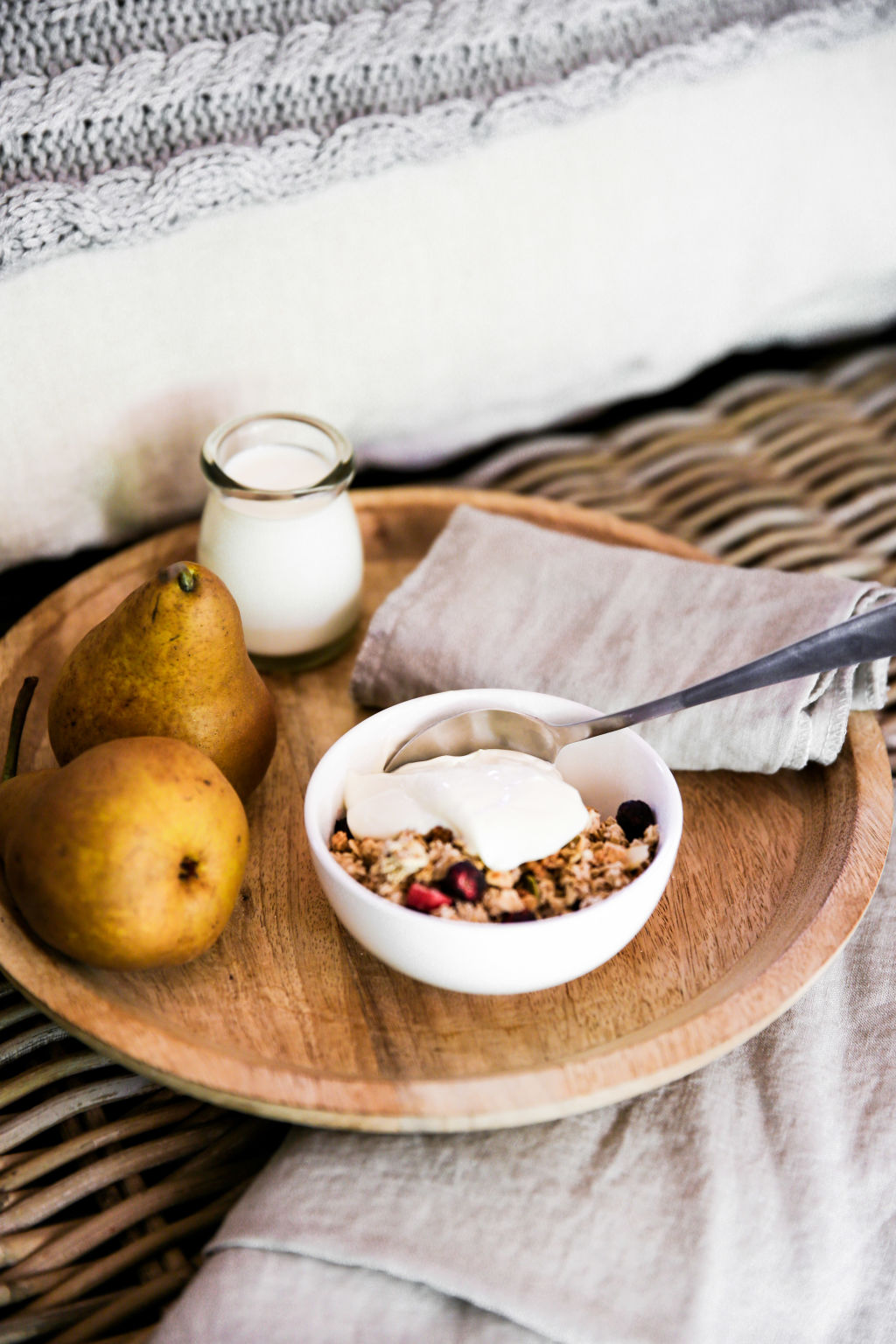
Tatura is part of Greater Shepparton, considered the food bowl of Victoria.
Though a drawcard for tourism, it doesn’t equate to a sustainable and dependable income for farmers.
The National Farmers’ Federation reports that the agricultural sector, at farm-gate, provides 3 per cent of Australia’s gross domestic product. Australian farm production was valued at $60 billion in 2016-17, with 77 per cent of what is grown and produced exported. According to the government, the value of farm production is predicted to decline by 4 per cent in 2018-19.
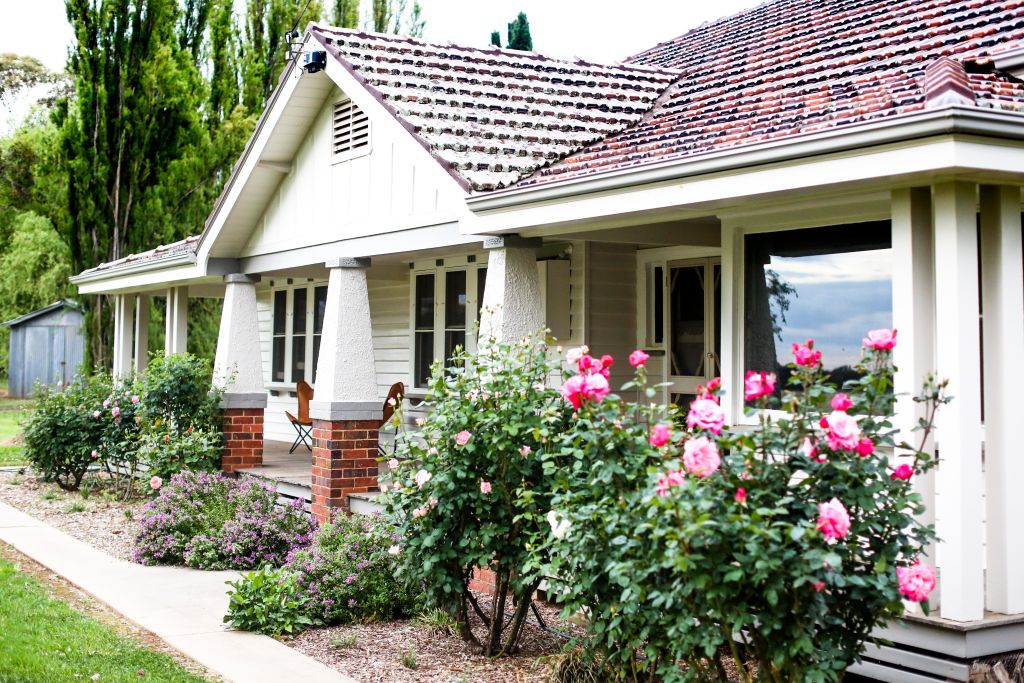
Angus Macdougall and Bec Amos run Dunmore Farm. Like McEachern and Ferguson, both Macdougall and Amos work in businesses beyond the farm, though Dunmore is a working cattle farm. It was once a successful dairy farm with a herd of Jersey cows but now hosts Angus beef cattle.
Since running Dunmore as a farm stay, the demand has soared and provided a reliable income. The cottage, circa 1870, is within a productive 60-hectare beef farm, accommodates up to six guests with plans for glamping and staying within the main house in 2020.
Along with the cottage, there’s a 1950s bungalow house, a non-operational dairy, an original shearing shed, hay and machinery sheds and a garage that was a stable.
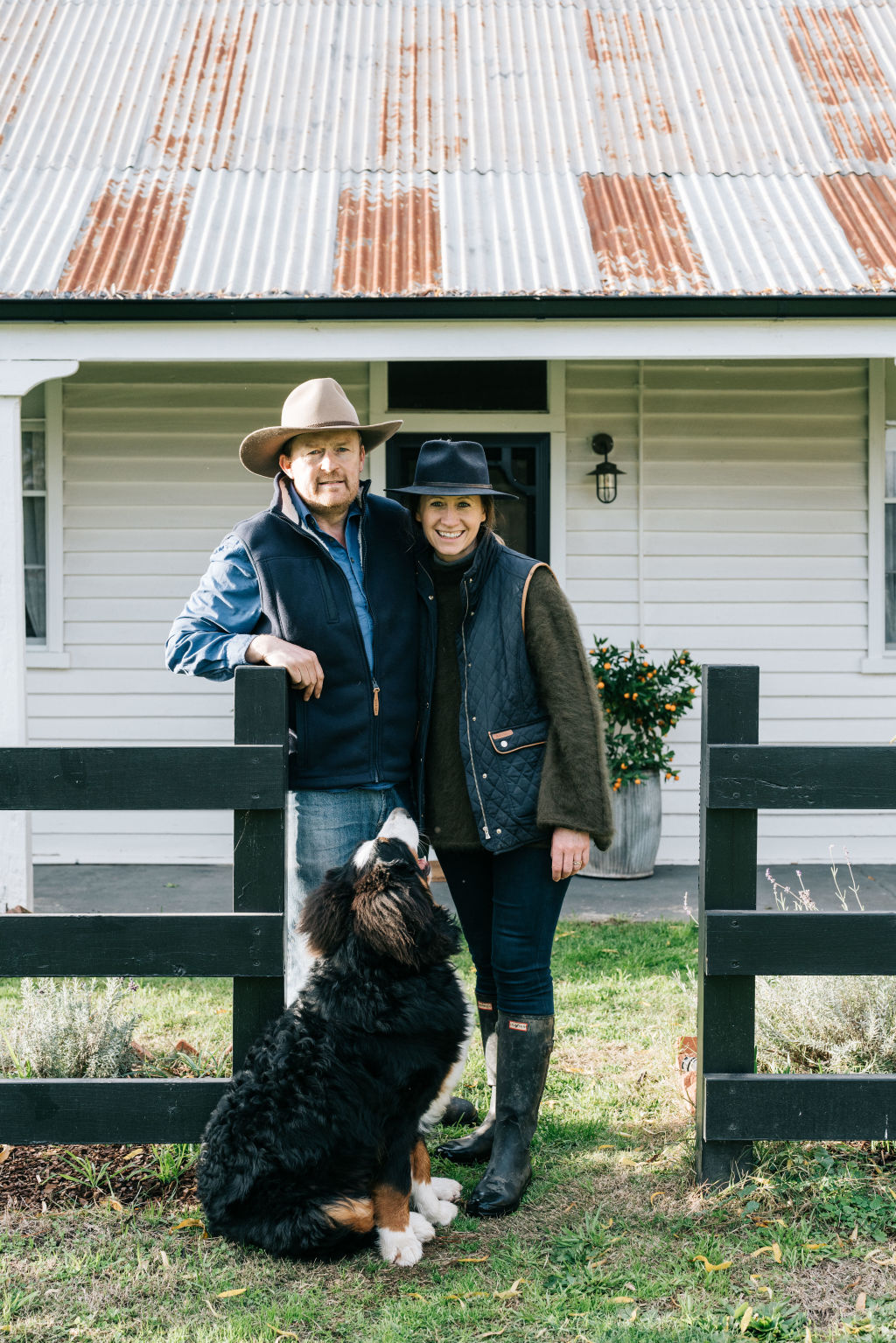
“There are many amazing treks and bike trails for all levels in nearby ranges,” says Amos. “Guests can also enjoy discovering Milawa’s gourmet region, which is home to makers of fine food wine and craft offerings. Plus, our region has an abundance of fabulous wineries nearby Glenrowan, in the King Valley and also Beechworth. Winton Wetlands and Winton Raceway are also a short drive away from Dunmore and guests can enjoy exploring the local silo art in and around Benalla.”
Macdougall and Amos made the tree change in October last year. Since taking up life on Dunmore full time, they appreciate the unique experience of farming. “There is incredible knowledge-sharing from generation to generation, deep understanding of the land as well as a significant contribution to the community, highlighting the need to ensure that farmers in need are supported and their contribution is genuinely valued.
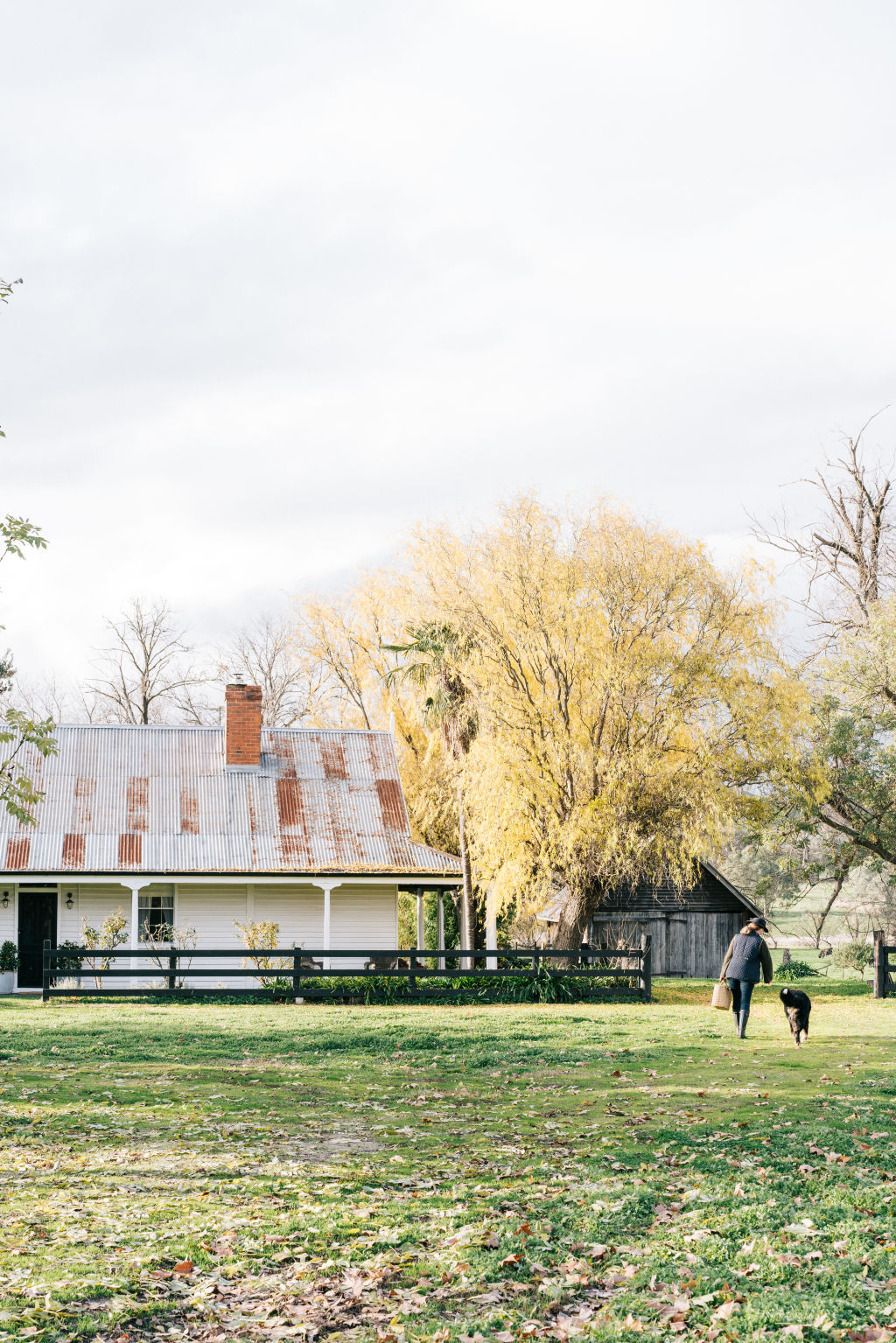
“Successful farming helps communities to thrive and together with visitation and agritourism to regional areas, including farm stays, provides a means to contribute to the success and sustainability of these communities.”
Tourism Research Australia (TRA) indicates that 1.7 million domestic overnight guests and 939,000 international guests visited farms during their trip for the year ending June 2019.
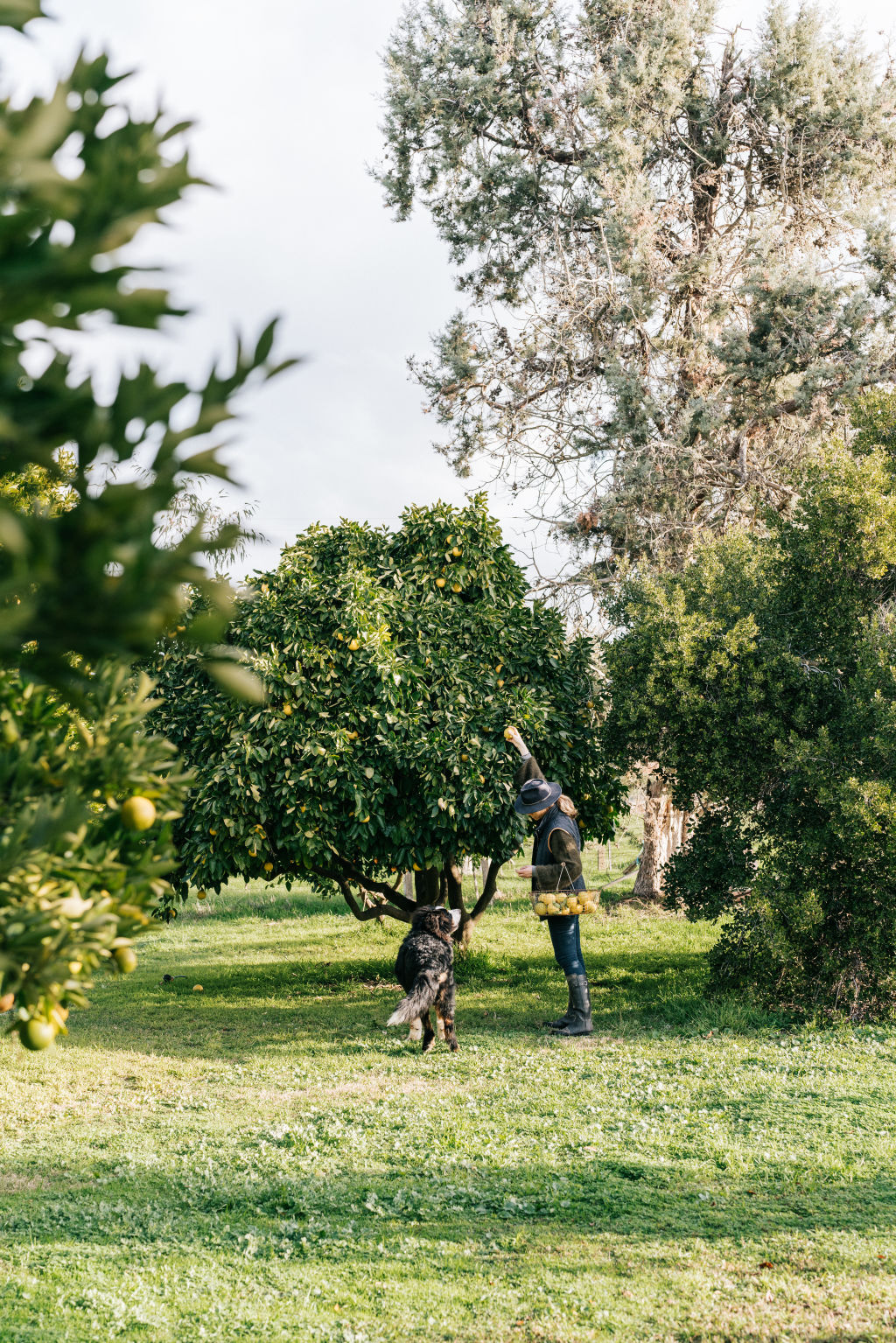
The agritourism sector is currently worth approximately $9.4 billion each year. “This economic benefit is particularly relevant to Australia because it occurs in regions that really need it,” according to Australian Regional Tourism.
Farm stays provide a connection to regional Australia that is beyond newspapers and radio reports of drought. It enables guests, both domestic and international, to live on the land and respect the enormous value of farmers in providing food and essential resources to the country and beyond. What are you waiting for? Don your gumboots and get out there.
We recommend
We thought you might like
States
Capital Cities
Capital Cities - Rentals
Popular Areas
Allhomes
More

